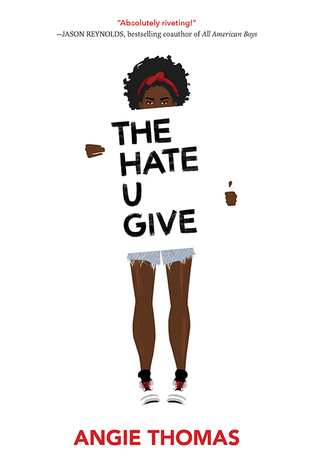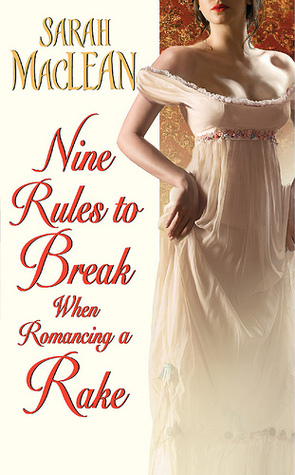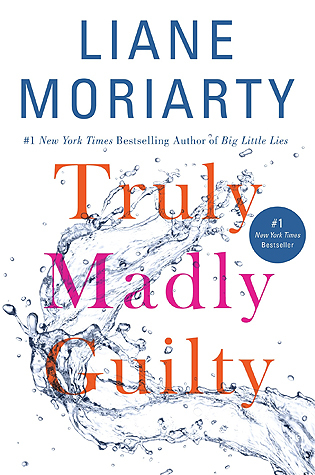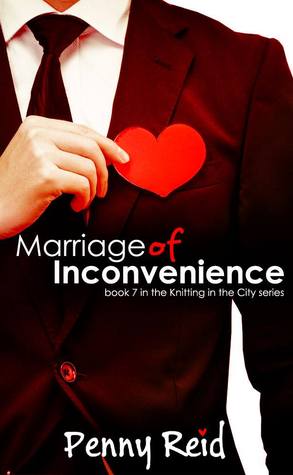 Sometimes a book comes out that everyone is talking about. Sometimes it's in a good way, sometimes it's in a bad way, sometimes it's in a mix of the two. The Hate U Give seems to fall into the third category; from what I've seen, it's mostly good chatter, but then a handful of people who seem to feel that Thomas is just "stirring the pot." Which...let's not get into it. Anyway, this is a book that had people talking, and made the long list for the National Book Award. So when Emma Watson put it up as the May/June read for her Our Shared Shelf book club, of course it was an easy one to pick up.
Sometimes a book comes out that everyone is talking about. Sometimes it's in a good way, sometimes it's in a bad way, sometimes it's in a mix of the two. The Hate U Give seems to fall into the third category; from what I've seen, it's mostly good chatter, but then a handful of people who seem to feel that Thomas is just "stirring the pot." Which...let's not get into it. Anyway, this is a book that had people talking, and made the long list for the National Book Award. So when Emma Watson put it up as the May/June read for her Our Shared Shelf book club, of course it was an easy one to pick up.The story follows Starr, a high school student who sees her best friend shot by a police officer after they're pulled over for having a tail light out. Starr is the only witness, but she doesn't want anyone to know who doesn't absolutely have to, because she knows it could tear her life apart. But the trauma itself has a lasting impact, and the events shake her city to its core, dividing communities, families, and friends.
Is the writing in this book the most amazing ever in style? No. However, it's very, very good. Thomas uses slang and dialect without making it seem obnoxious--like the dreaded phonetically-written Scottish accent I seem to encounter so much--and instead it reads as natural. She shows the division that inherently exists in Starr's life, between her home life and her school, where she carefully monitors her clothing and behavior so she doesn't come across as "ghetto" or "an angry black woman" and can fit in better with her peers. She has a masterfully-crafted narrative of empathy, and that is really what this book knocked out of the park. It truly does allow the reader to step into Starr's shoes and see things from her perspective--how there are conflicting narratives and how those narratives came to be from one set of facts, and how they affect her and those around her. Starr is not a person of conflict by nature, but finds herself surrounded by it, from protests that turn to riots in her neighborhood to a friend who doesn't outright mean harm but is unwilling to recognize or work to correct her prejudices and racist tendencies.
This book does not have a specific location, as far as I can tell. It has generic place names and a generic place feel. It is not a retelling or a spin of any one incident, but instead a look at a mentality and the events that lead up to it, and provides a lens for which those of us who have not and never will experience things like this because of our privilege and background and can really see where these characters are coming from. There is some info-dumping; there is some awkward time-skipping. There is some "It's two months later"-ing, which is never really a good narrative device. But the emotion and purpose in this book ring true, and once I figured out the out-of-order pages at the beginning of my library copy (a printing error and not something inherent in the book, I'd guess) I was truly engrossed.
4.5 stars out of 5.








